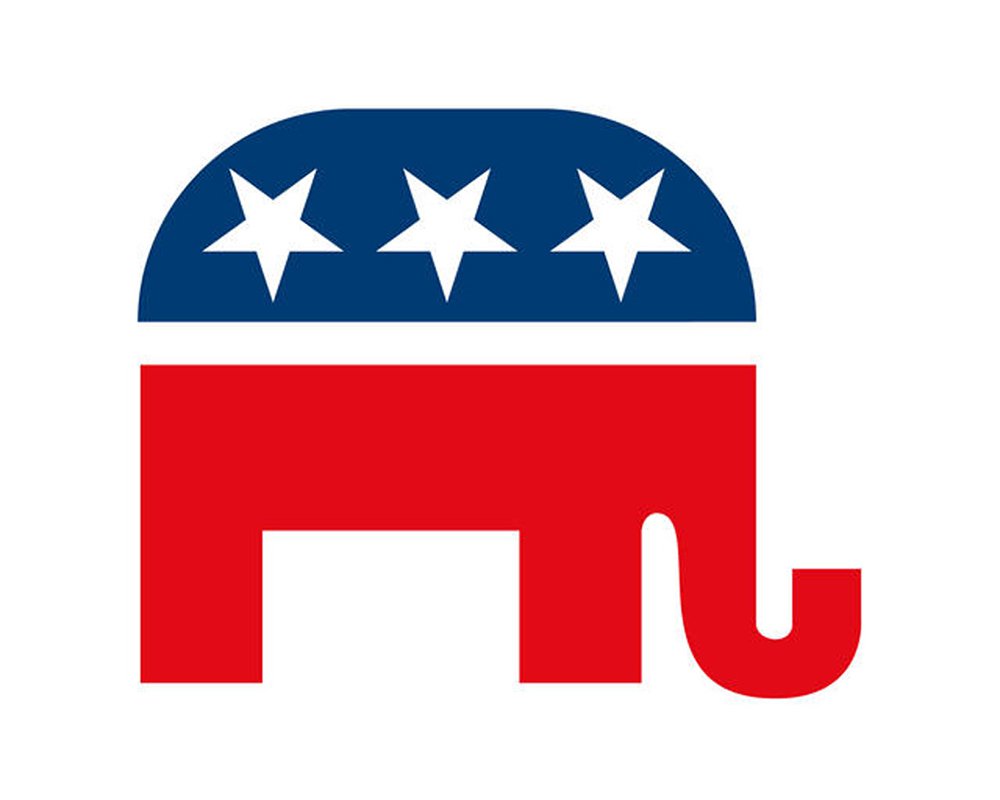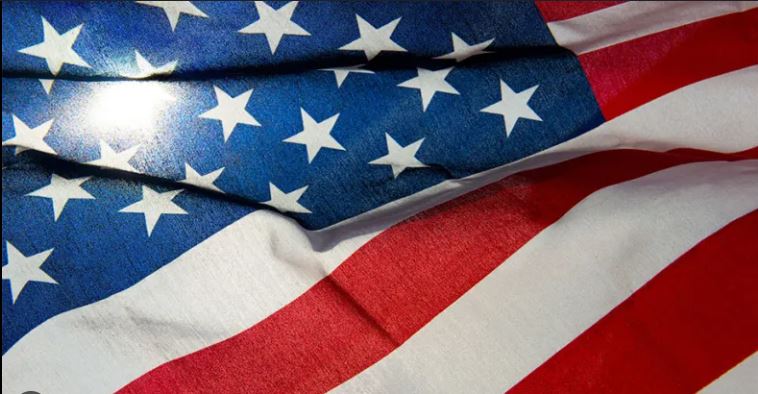Understanding the Republican Party: History, Values, and Influence
The Republican Party, often referred to as the GOP (Grand Old Party), is one of the two major political parties in the United States. With a rich history spanning over 150 years, the Republican Party has played a significant role in shaping American politics and governance.
Historical Background
The Republican Party was founded in the 1850s by anti-slavery activists and modernizers. It emerged in response to the Kansas-Nebraska Act, which threatened to expand slavery into the western territories. The party quickly gained prominence, and in 1860, Abraham Lincoln became the first Republican to be elected President. His election marked a turning point in American history, leading to the Civil War and the eventual abolition of slavery.
After the war, the party largely dominated national politics until the Great Depression in the 1930s, when it lost its congressional majorities and the Democrats’ New Deal programs proved popular. Dwight D. Eisenhower’s election in 1952 was a rare break between Democratic presidents and he presided over a period of increased economic prosperity after World War II. Following the 1960s era of Civil Rights legislation, enacted by Democrats, the South became more reliably Republican, and Richard Nixon carried 49 states in the 1972 election, with what he touted as his “silent majority”. The 1980 election of Ronald Reagan realigned national politics, bringing together advocates of free-market economics, social conservatives, and Cold War foreign policy hawks under the Republican banner.
Core Values and Beliefs
The Republican Party’s core values have evolved over time, but certain principles have remained consistent. These include a focus on limited government, individual freedoms, free markets, and a strong national defense. Republicans traditionally advocate for lower taxes, deregulation, and policies that promote business growth. Socially, the party has taken conservative stances on issues such as gun rights, abortion, and family values.
Influence and Achievements
Throughout its history, the Republican Party has been instrumental in significant legislative and policy achievements. Under President Theodore Roosevelt, the party advanced progressive reforms, including antitrust regulations and conservation efforts. During the Reagan administration, the party emphasized tax cuts, military strength, and a reduction in government intervention in the economy, shaping the modern conservative movement.

Contemporary Dynamics
In recent years, the Republican Party has undergone notable shifts, particularly with the rise of populist and nationalist sentiments. The election of Donald Trump in 2016 marked a transformative period, as the party embraced policies prioritizing American sovereignty, trade protectionism, and immigration control. These changes have sparked debates within the party about its future direction and core values.
The Republican Party Today
Today, the Republican Party continues to be a powerful force in American politics. With a diverse coalition of supporters, it remains committed to promoting conservative principles and addressing contemporary challenges such as economic inequality, healthcare reform, and national security. Despite facing internal and external challenges, the GOP remains steadfast in its mission to shape the future of the United States through its policies and leadership.
In conclusion, the Republican Party’s rich history, evolving values, and significant influence make it a vital component of the American political landscape. As the nation navigates complex issues both domestically and globally, the Republican Party’s role and contributions remain crucial in shaping the future of the United States.


